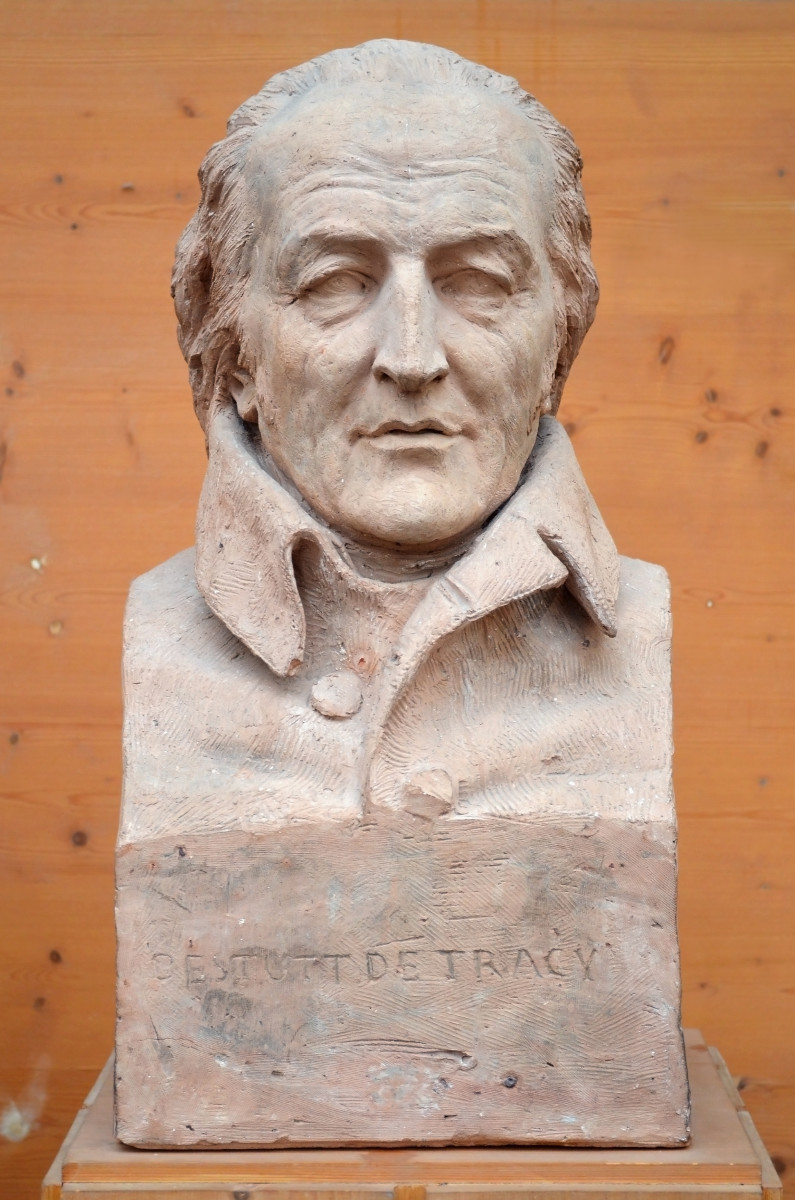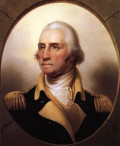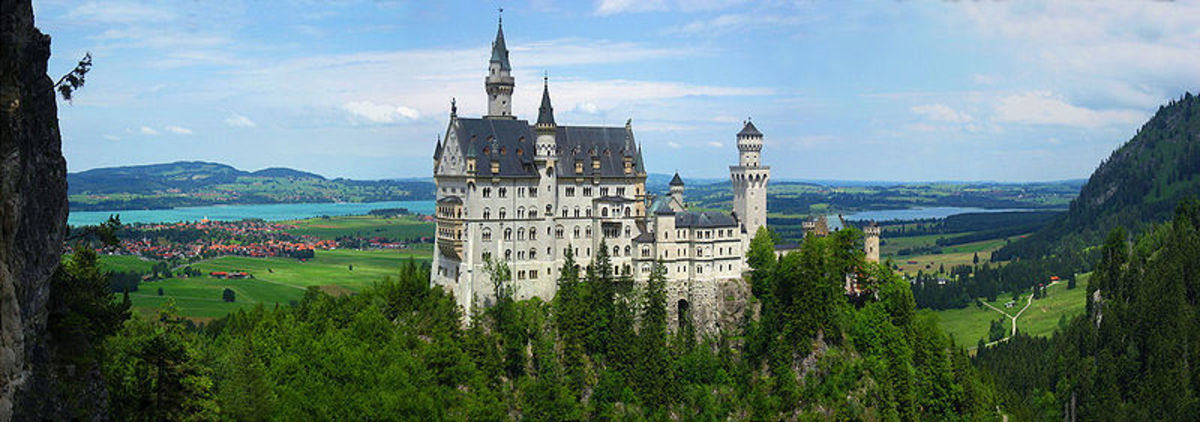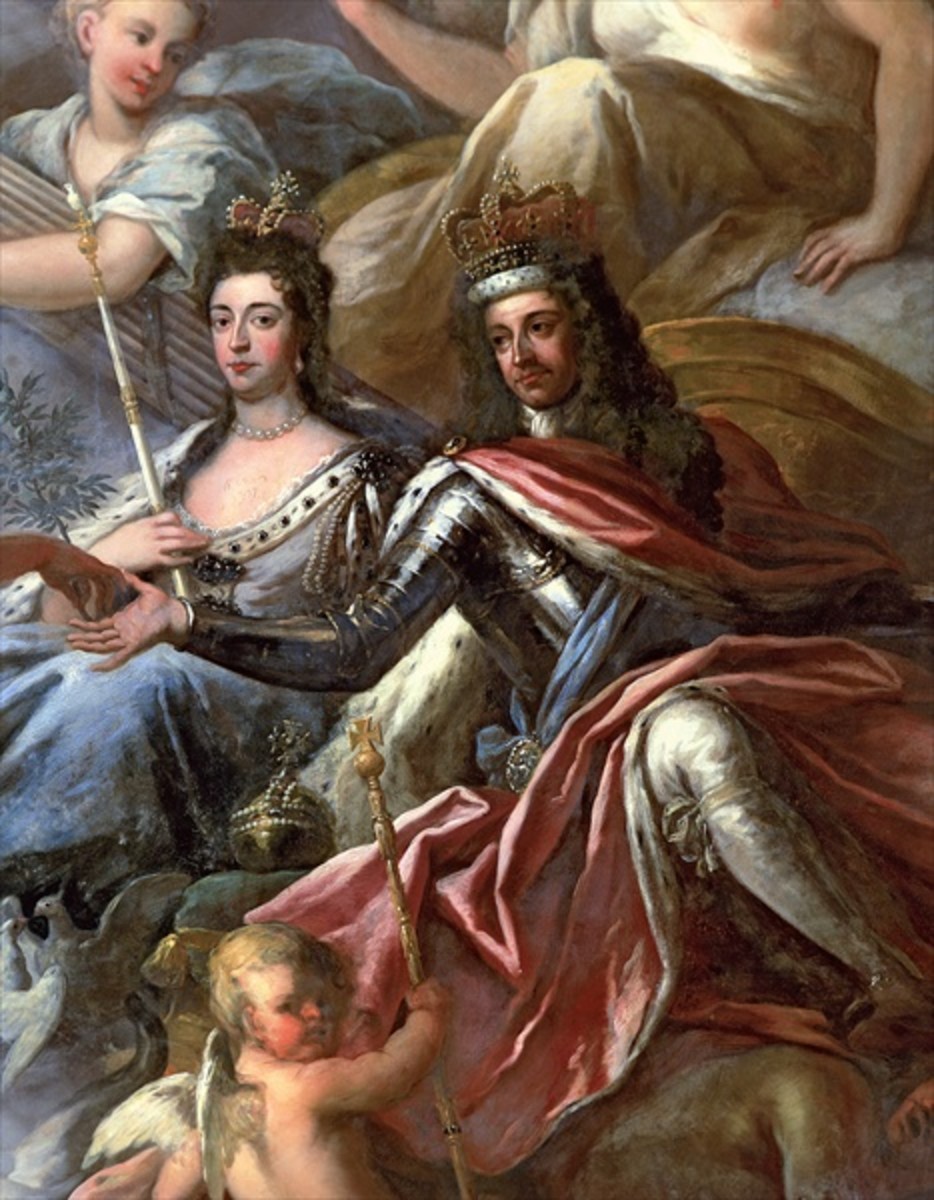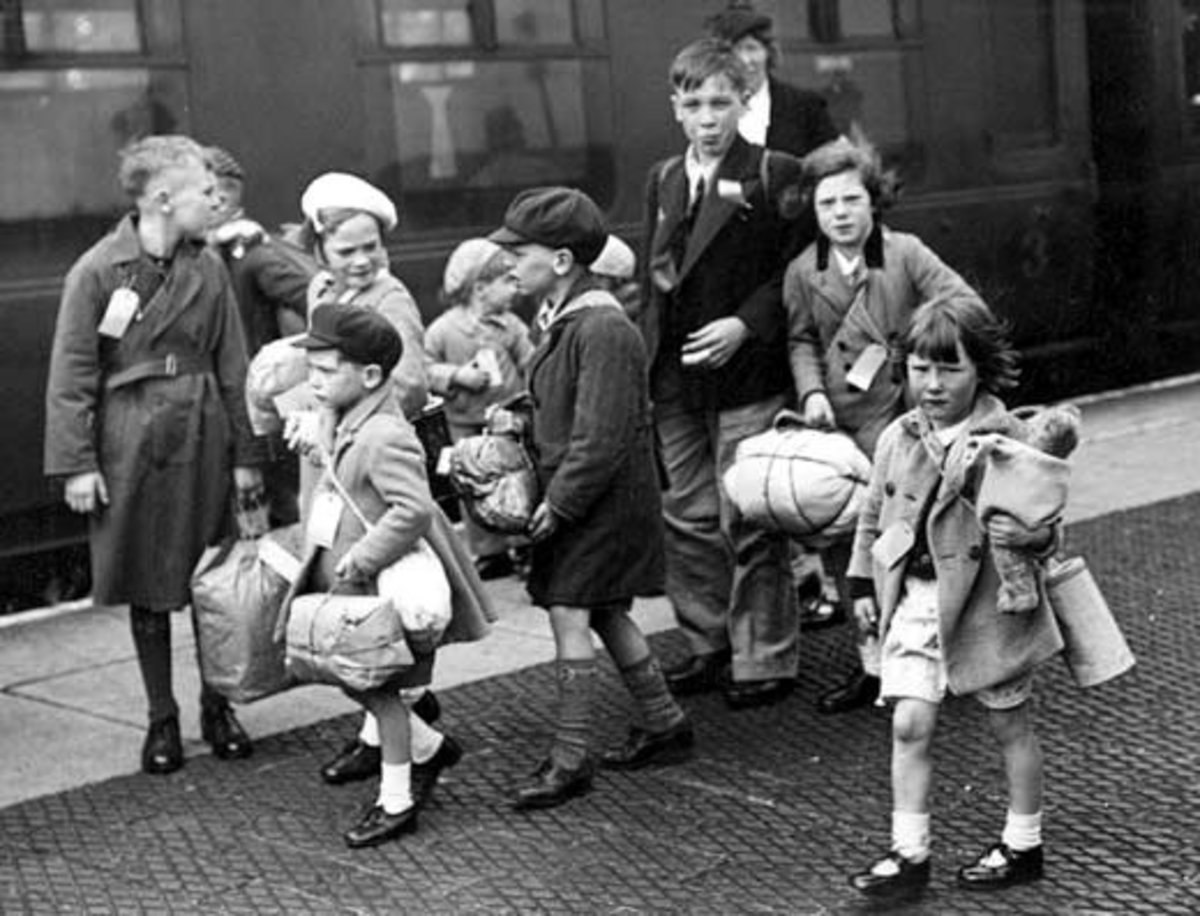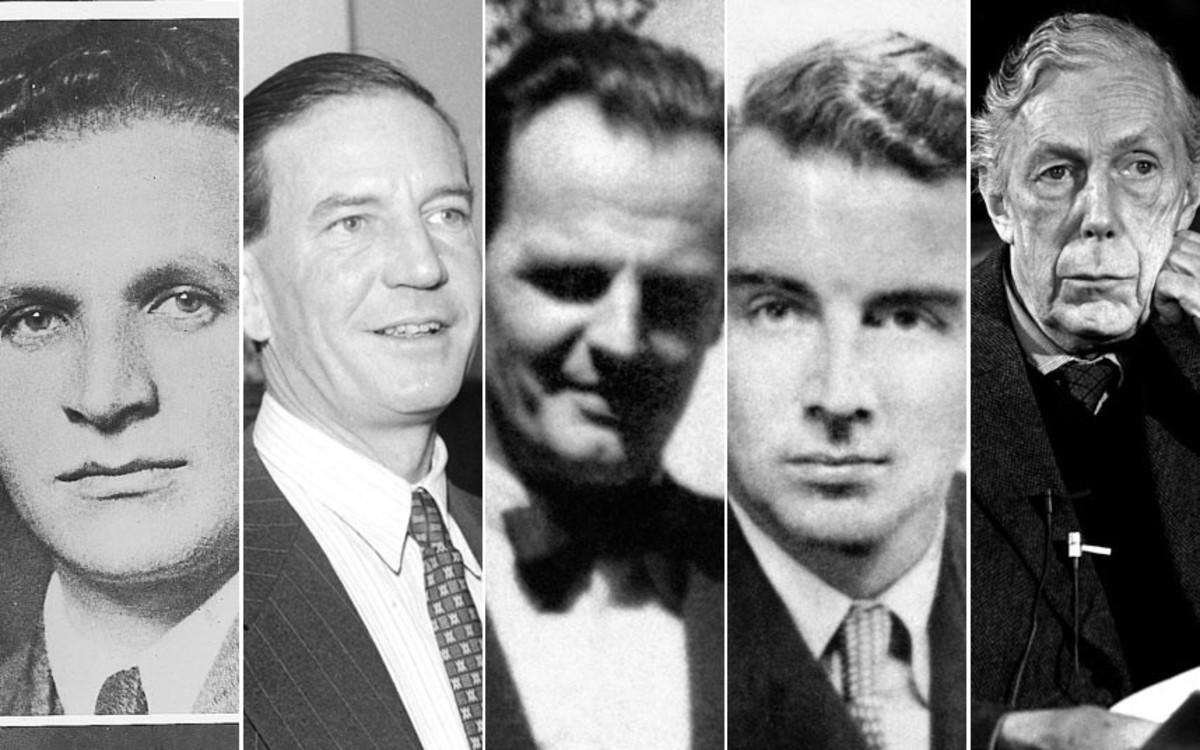The Emergence of Liberalism and Nationalism in 19th Century England
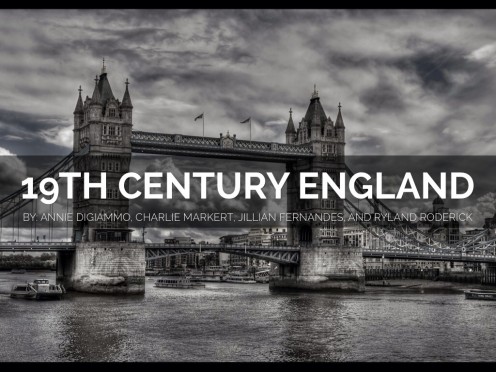
What Happened in England During the 19th century?
Before I answer the question above, I shall talk about liberalism and nationalism in England during 19th century, and (1)what is liberalism? (2)what is nationalism?
Liberalism in England during 19th Century.
Many middle-class men and women in European Countries, especially in England, effectuated specific liberal reforms. And equally important was the achievement of some form of national unity. The history of nineteenth century Europe was to a great extent shaped by interplay of the forces of liberalism and nationalism. They believed that liberalism meant a belief in individualism and the doctrines of the classical economists (McNall Burns, Lerner, and Meacham, 1984:769).
When a riot broke out in England after 1815, because of depression and consequent unemployment, there was general support among the rich, for the repressive measures that were adopted by the British government. The working class has struggled against the adopted measures, till a Reform Bill was passed in 1832. The Reform Bill described a setback for aristocratic power. The changed culture is followed by the change of economy, politics, and law. Aristocracy changes to be a promising trade republic.
A far larger number of underemployed men and women exist, because of population growth and economically. Indeed, economy has influenced cultural transition. Liberal culture is near to liberal economy. Liberal culture understands freedom, not economic opportunities. Economy is a function of time, whereas liberal culture does not understand culture as a function of time.
From the above description it can be understood that liberal culture is culture that appreciates pluralism and denies domination. Men are not just economic human beings, which focus continually on how to live. Liberal culture is culture in which men are not always tradesmen and buyers, but have the right to speak or to reflect. All men have the same right. Since a liberal ideology favors more government policies to promote welfare and regulate business (Keete et al, 1997:158).
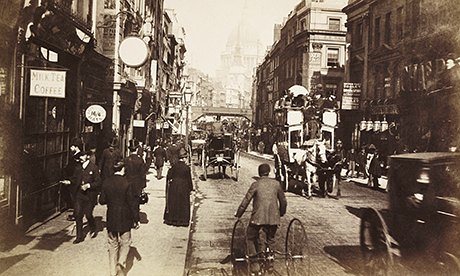
The growth of liberalism occurred partly as a reaction to the conservative policies adopted by frightened governments anxious to restore domestic and international order. Nevertheless, their repressive policies only made liberals more determined than ever to succeed. It is important to note that the liberal middle class was not arguing in favor of reform or the basis of a belief in democracy. The working class continued to make the argument after a Reform Bill was passed in 1832. The French revolution in the late 18th century and the parliamentary Reform Bill of 1832 in England represented a setback for aristocratic power in both countries (McNall Burns, Lerner, and Meacham, 1984:778). Liberalism to them meant: (1) an efficient government prepared to acknowledge the value of commercial and industrial development; (2) a government in which their interest would be protected by their direct representation in the legislature -in all probability, a constitutional monarchy, and most certainty not a democracy; (3) a foreign policy of peace and free trade; and (4) a belief in individualism and the doctrines of the classical economists. The middle classes of France and England reflecting their concerns and interests trigger the emergence of liberalism in England. They have an equally important and often more immediate objective to achieve some form of national unity.
Nationalism in England during 19th Century.
Nationalism reflects liberalism's abhorrence of traditional privilege. Nationalism is developed from romantic notions of historical development and destiny, which are manifested in a variety of ways. One of the ways is an individual work of art -i.e., a work of art can translate into a national symbol. e.g., a painting, a song, a drama, or a novel can embody an idea of the author, or the artist. Detailed information about a work of art is Literature as a Work of Art.
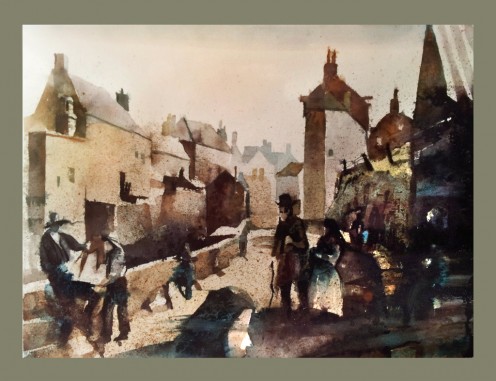
Men and women, in nineteenth century, declared freedom in terms of interpreting nature and life as well. In addition to Wilkie Collins, women writers of the nineteenth century such as: Emily Bronte, Charlotte Bronte, George Elliot, were all pioneers of the emancipation of women. Their works concerning the experiences of human individuals transcended national boundaries.
Nationalism, derived from romantic notions of historical development and destiny, manifested itself in a variety of ways. McNall Burns, Lerner, and Meacham emphasize that if the history of nineteenth century Britain and France can be studied against a general background of middle class liberalism, then much of the rest of Europe during the same period must be understood in terms of a more complex combination of the forces of liberalism, nationalism, and nation building. We have defined liberalism and nationalism as a sentiment rooted in broad historical, geographical, linguistics, or cultural circumstances. And this is what happened in England during the 19th century.
References
Burns, Edward McNall, Robert E. Lerner, and Standish Meacham. 1984. Western Civilizations. Vol. II, tenth edition. New York and London: W.W. Norton & Company, Inc.
Keete et al. 1997. American Democracy. The Dorsey Press, Homewood Goyso.

